Principal Residence Exemption
The Principal Residence Exemption exempts homeowners from capital gains tax on the sale of their primary residence in Canada.

September 30, 2025
What is the Principal Residence Exemption?
The Principal Residence Exemption (PRE) is a Canadian tax benefit that exempts capital gains tax on the sale of a property designated as the taxpayer’s principal residence. Only one property can be designated per family unit per year.
Why the Principal Residence Exemption Matters in Real Estate
The PRE matters in real estate because it allows homeowners to keep more of their equity when selling their primary residence. It significantly impacts financial planning, investment strategies, and tax liability for property owners.
Example of the Principal Residence Exemption in Action
A family sells their Toronto home for a $500,000 gain. Because the home was their principal residence, the entire gain is exempt from capital gains tax under the PRE.
Key Takeaways
- Exempts capital gains on sale of a primary residence.
- Only one property per family unit can be designated each year.
- Applies to houses, condos, cottages, and certain other dwellings.
- Affects tax planning for homeowners and investors.
- Requires proper designation on annual tax returns.
Related Terms
- Capital Gains Tax
- Income Tax Act
- Primary Residence
- Real Estate Investment
- Estate Planning


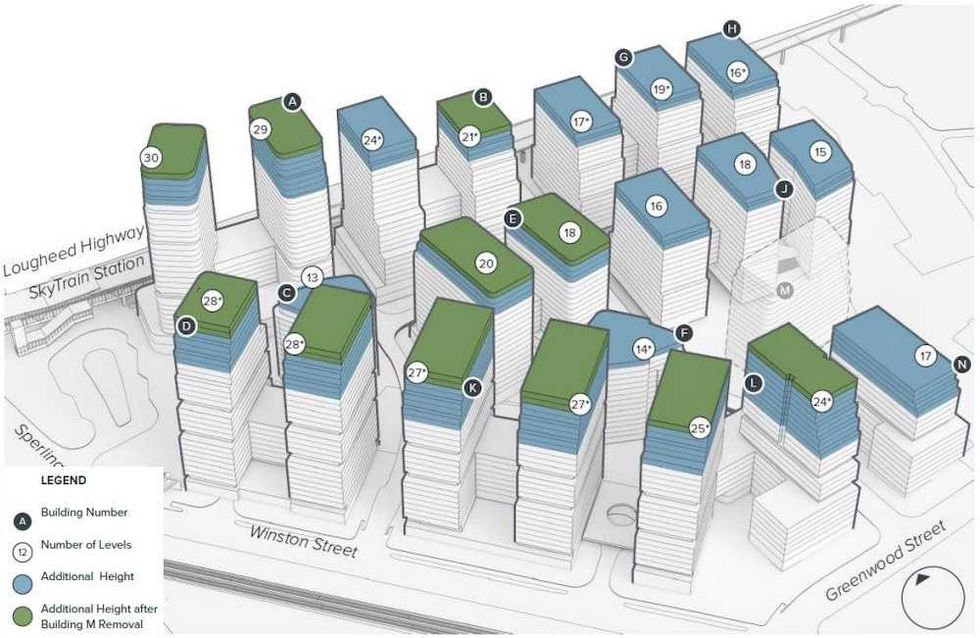 Building height changes from the previous master plan apllcation. (Peterson)
Building height changes from the previous master plan apllcation. (Peterson)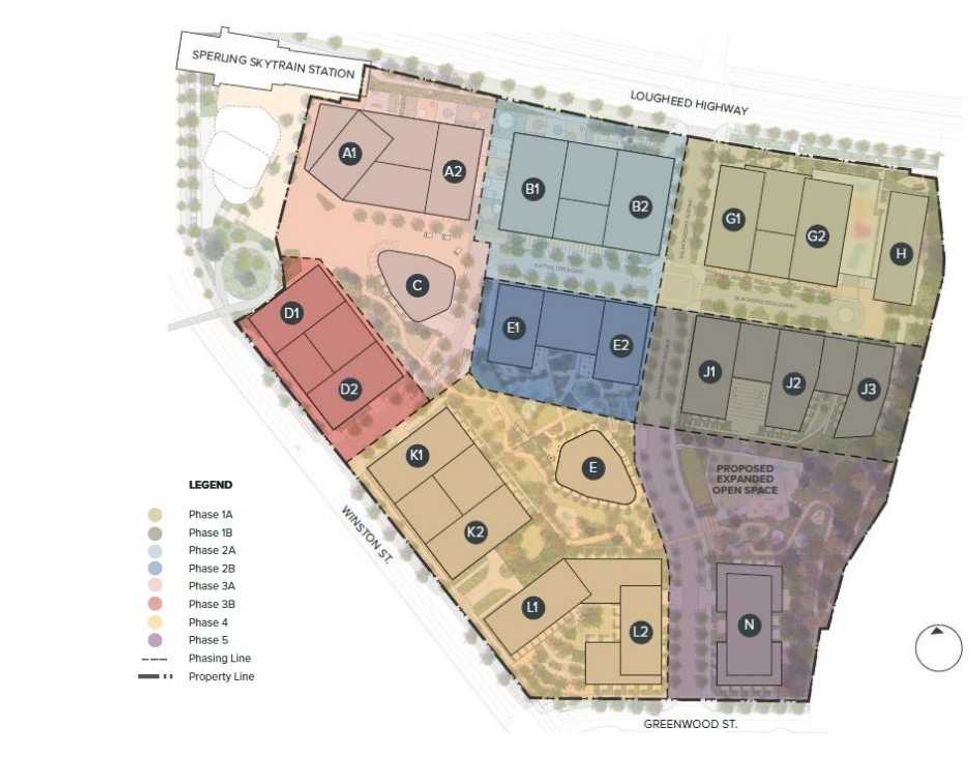 An overview of Blake Village and the phasing plan. (Peterson)
An overview of Blake Village and the phasing plan. (Peterson)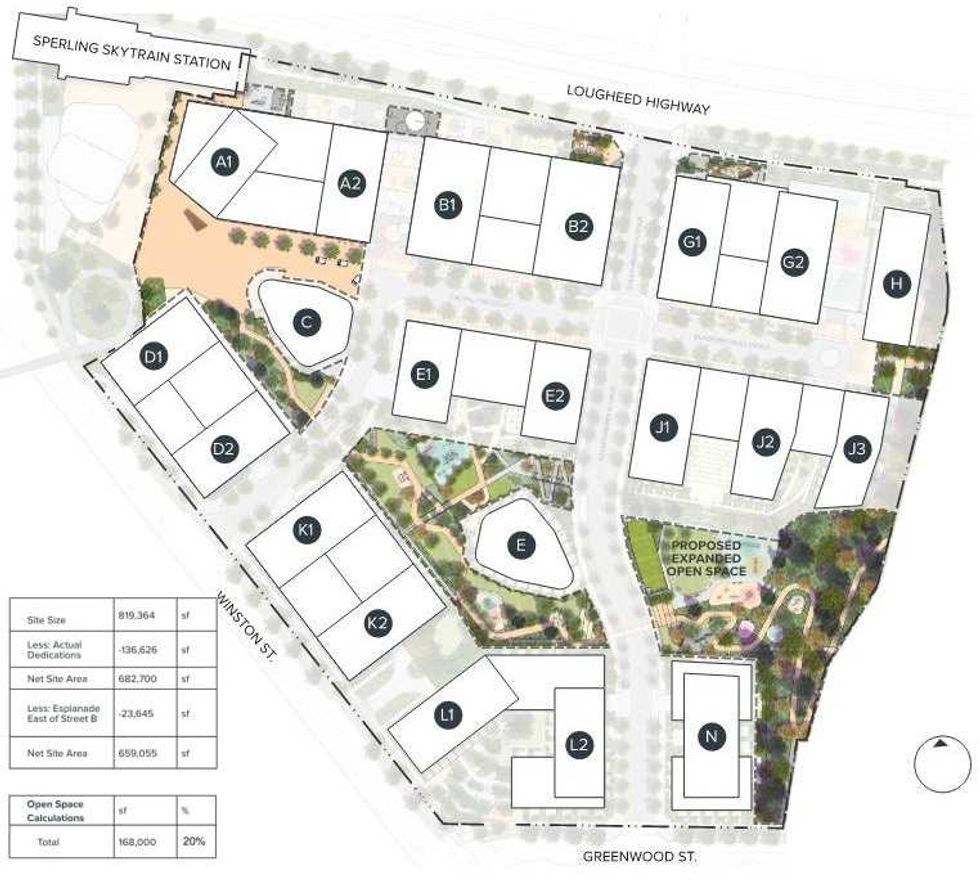 An overview of Blake Village and planned open space. (Peterson)
An overview of Blake Village and planned open space. (Peterson)

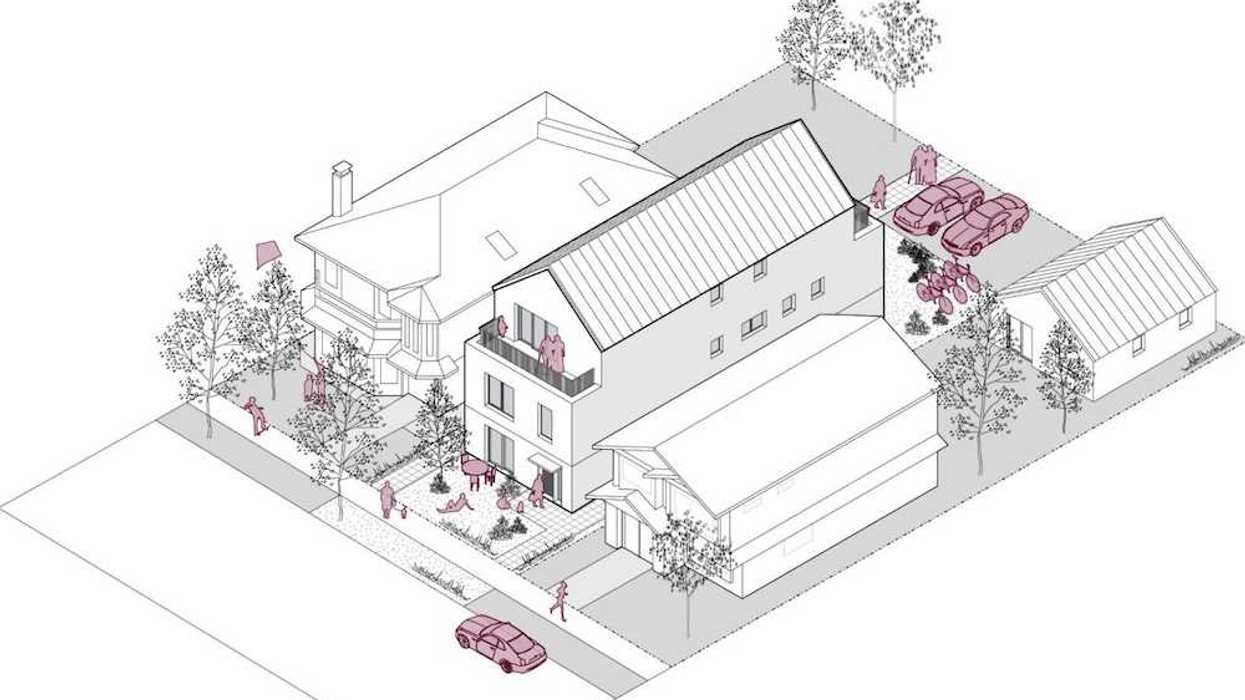


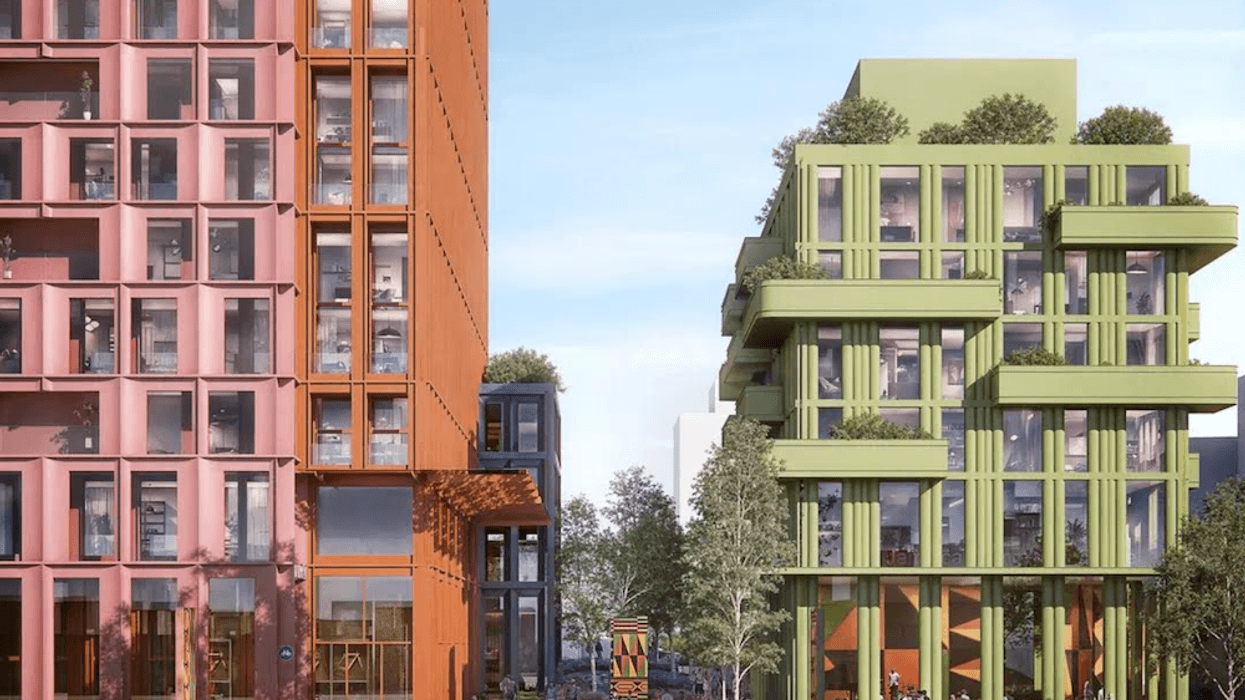




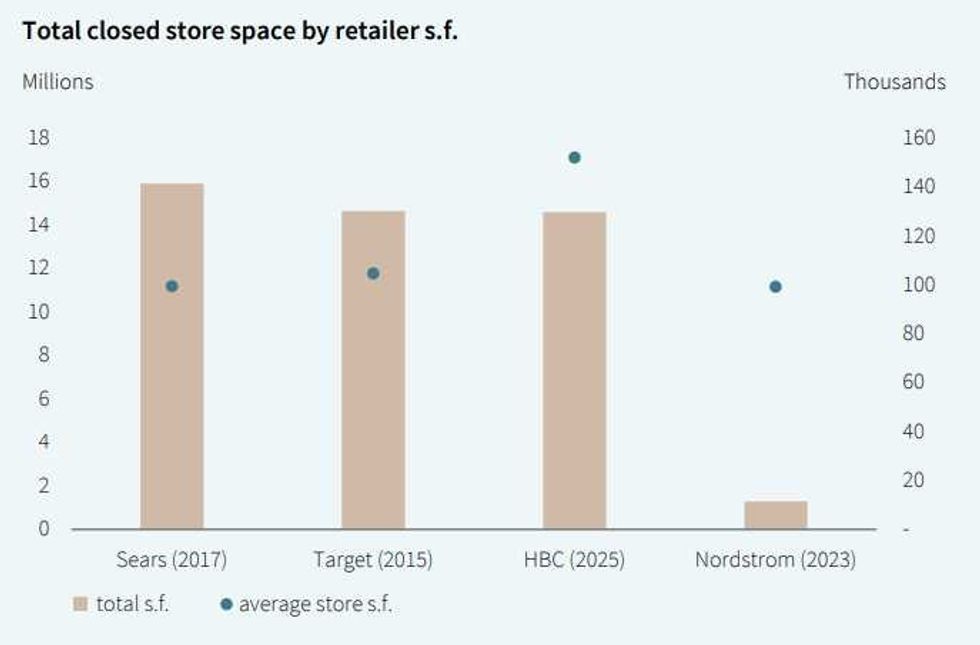 Hudson’s Bay vacated about as much space as Target did in 2015. (JLL)
Hudson’s Bay vacated about as much space as Target did in 2015. (JLL)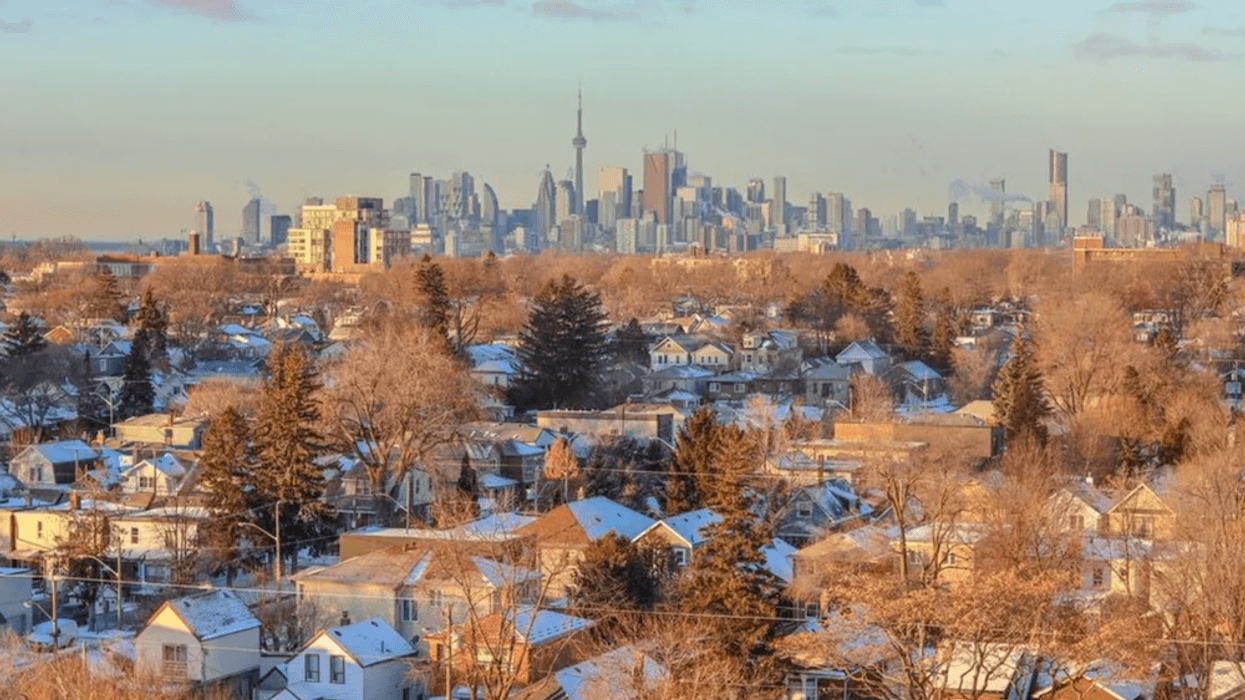

 A rendering of Frame in East Vancouver. (Peterson)
A rendering of Frame in East Vancouver. (Peterson) The Tesla facility set for 908 Raymur Avenue in Vancouver. (Beedie)
The Tesla facility set for 908 Raymur Avenue in Vancouver. (Beedie) Phase One of Sen̓áḵw in Summer 2025. (OPTrust, Nch’ḵay̓)
Phase One of Sen̓áḵw in Summer 2025. (OPTrust, Nch’ḵay̓) (QuadReal Property Group, Westbank)
(QuadReal Property Group, Westbank) The two-tower Cascades project under construction in mid-2025. (Ledcor)
The two-tower Cascades project under construction in mid-2025. (Ledcor) A rendering of Perla near Central Park. (Polygon Homes)
A rendering of Perla near Central Park. (Polygon Homes) Phase One of Concord Metrotown is located at the corner of Kingsway and Nelson Avenue in Burnaby. (Concord Pacific)
Phase One of Concord Metrotown is located at the corner of Kingsway and Nelson Avenue in Burnaby. (Concord Pacific) Myriad will complete Concert Properties’ Heart of Burquitlam community. (Concert Properties)
Myriad will complete Concert Properties’ Heart of Burquitlam community. (Concert Properties) SOCO 2 (left) in Coquitlam. (Drew Powell, LinkedIn)
SOCO 2 (left) in Coquitlam. (Drew Powell, LinkedIn) King George Hub in Surrey. (Submitted by PCI Developments)
King George Hub in Surrey. (Submitted by PCI Developments)